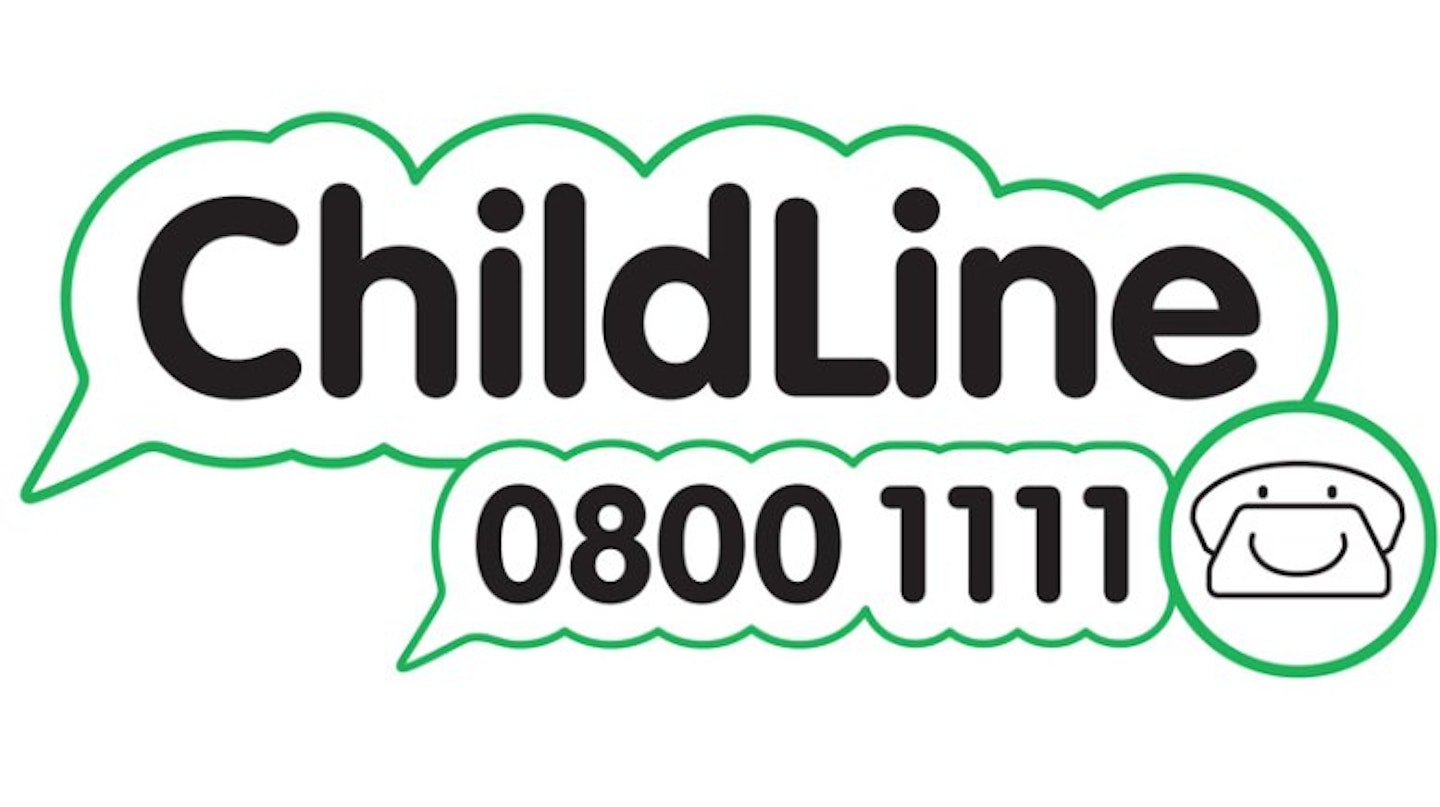Children's charity Childline has seen a record number of calls about gender dysphoria in the last year.
The NSPCC reported that in the last 12 months, 2,796 counselling sessions have taken place about gender identity, with children as young as 11 feeling unhappy with their birth gender.
This compares with 1,299 calls in 2015, with the number of calls more than doubling since 2012/2013.
This averages out to just under 8 calls received every day from children, aged 18 or below, about gender dysphoria .
According to LGBT charity Stonewall, the term 'gender dysphoria' is used to describe, "a person [who] experiences discomfort or distress because there is a mismatch between their sex assigned at birth and their gender identity. This is also the clinical diagnosis for someone who doesn’t feel comfortable with the gender they were assigned at birth."
The NSPCC also reported that young people who identify as transgender have higher than average rates of self-harming, and were suseptible to mental health issues - including suicidal thoughts - stemming from abuse, bullying and lack of support.

In fact, according to the Government's Women and Equalities committee,the attempted suicide rate among young transgender people is 48% - which is truly shocking.
A 15-year-old boy who identifies as a girl told the NSPCC: "I came out as trans last year and wish I’d never said anything. People shout at me every day and call me stupid and ugly. I can’t cope anymore and I wish I could escape from everything."
While a 16-year-old girl who identifies as a boy explained: "I recently came out as trans but my parents are transphobic and have been really horrible. They won't accept who I am and it makes me feel awful. Because I'm feeling so down, I have started to cut myself."

Emily Cherry, head of children and young people participation at the NSPCC, commented: "I don't think we can be clear in why there is a big increase in the number of calls. I think we're slowly trying to talk more openly about trans issues.
We're hearing about a huge amount of anxiety about talking to trusted adults about transitioning, one thing we give them is confidence and help with finding the words to talk to parents,"
Peter Wanless, CEO of the NSPCC, added: "We cannot call ourselves a modern society if we stigmatise children just because they feel different. It's vital that children have support otherwise, as they tell us all too often, they suffer. When a child is made to feel ashamed about who they are, it can trigger serious mental health issues and crippling shame."
"It's vital young people are confident that if they speak out they will be able to try and navigate these confusing and complex feelings without also having to fight prejudice and abuse," he went on.
"Adults must support a child as they explore what they're feeling and guide them to get the right help when necessary."
To find out more about what Childline does, click here. To read more on this story, click here.
Do you know any children who need help with gender dysphoria? Call Childline for adults on 0808 800 5000, or report child abuse here.
Read more like this:
Mum arrested for 'child abuse' after her baby tests positive for cocaine
David Schwimmer opens up about child sexual abuse on Good Morning Britain
